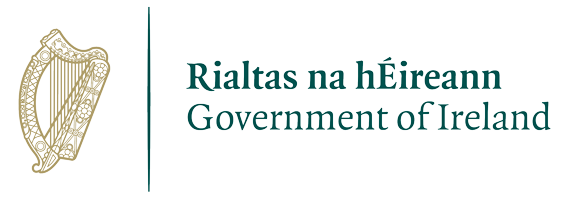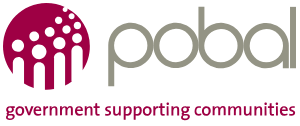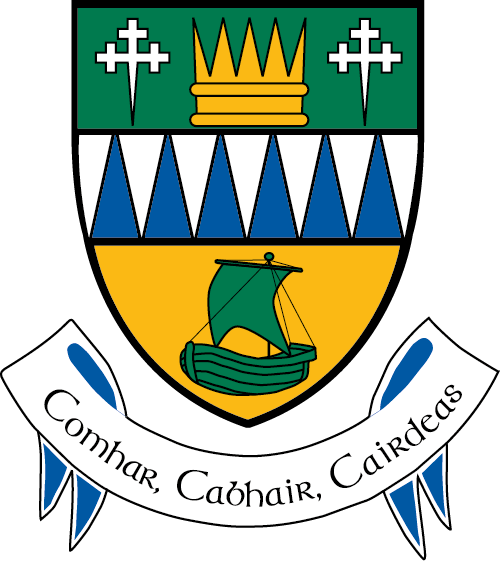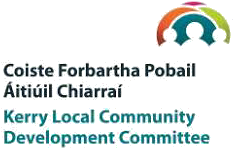CV stands for curriculum vitae, which is Latin for ‘course of life’. A CV is a detailed outline of your academic career and accomplishments. Employers use these CVs to gain an overview of your skills and abilities. This helps them better understand how well you align with the company and available role. A CV can also help them understand how you might perform in a role with the company. Typically, an Irish CV should be a maximum of two to three pages.
In some instances, you might not need to create a comprehensive CV to apply for a role. Some employers may want you to fill in industry-specific forms or applications instead of supplying a personal CV. This might happen for manual or labour-intensive roles, such as factory or outside work. You can still include these jobs in your CV after you leave these jobs, even if you didn’t apply through one. It’s a good idea to track your accomplishments in your role so you can easily add them to your CV when needed.
Why are CVs important?
Your CV serves as the first point of contact between you and a potential employer. Just like how important leaving a good first impression is in person, leaving a good first impression through your CV is just as important. If your CV doesn’t impress an employer or distinguish you in some way from other candidates, then they might find someone else for the role. Use your CV as an opportunity to showcase your skills and highlight your abilities to an employer. This is your chance to inform an employer why you’re the perfect fit for a role.
Many employers use specialised software and systems to sort through applications. Large employers receive hundreds of applications for every open and available position. These software applications check for certain keywords, poorly written CVs and generic templates. If your CV makes it through these system checks, it has a better chance of being read by an actual hiring manager rather than a software application. Passing these checks also signals to an employer you’ve done your research and put in the time and effort to create a perfect CV.
Simple tips for a perfect CV
While the idea of creating a perfect CV might seem oversimplified, there are a few ways you can drastically improve the quality of your CV, simply by following these tips.
– creating a new CV for each job you’re applying for is one of the best ways to distinguish yourself from other candidates. Many people send the same CV to employers in different industries and sectors. By personalising and editing your CV for each job, you can become a more appealing candidate.
– proofreading your CV helps to make it appear professional and well-written. Proofreading your CV helps you to spot spelling mistakes, bad grammar and poorly written content. If your CV is full of spelling mistakes and has poor structure, then an employer is unlikely to read it. The better your CV looks, the better your chances of an employer hiring you. Structure and formatting are another key part of your CV. Make sure the way you structure your headings and topics makes sense and doesn’t mislead or confuse the reader.
Proofreading a document right after you’ve written it can be difficult. You’re more likely to skip any spelling mistakes or empty spaces without you even realising. Take a break from looking at your CV after you’ve finished writing to focus on something else. Proofread your CV once you’ve taken a break and come back to your CV fully rested. Getting your friends and family to proofread your CV for you can also be a useful way of spotting mistakes. An objective opinion like this can even help you improve your CV, as they can recommend new topics or structuring.
– research, gathering information about the vacancy. You might not know what to include in your CV unless you research the job and the employer. Checking the job requirements carefully is essential, but you can gather a lot more information and create a better CV by doing further research. Check similar job listings for skills and qualifications you can include. Look at the employer’s website and the type of work they do.
If you know anyone working in the area, ask them for their advice on what to include.
One of the easiest and simplest ways to gather more information about a role is to ask the employer. While this might seem direct, employers are usually happy to share extra information with people who make the effort. Not only does this help you in creating a CV, but it can also help you excel in an interview. Making contact with interviewers and employers can help you create a connection. Networking can be a successful method of finding new work opportunities and succeeding in your applications. Research can dramatically improve the quality of your CV.
– Get professional help. If you’re struggling to create the perfect CV and you don’t know how to improve it, you can always hire a professional. There’s a whole range of professionals and agencies that do this type of work. Often, these professionals know exactly what to include to make your CV the best it can be. These professionals work continuously with the employers you’re applying to, so they have the industry connections and experience to help distinguish your CV from other candidates. You can hire these professionals on a continuous basis, or for a singular CV.
The advice and tips you gain from these professionals can help you to create a better CV in the future. Using professional help in creating your CV can help you to avoid the stress of creating a CV and focus on improving your interview skills.
Remember to read your CV carefully once it’s completed to ensure it’s accurate. While you aren’t required to write your CV by yourself, make sure you know all of the information contained within it by rote. It’s important all information included in your CV is reliable and correct.
CV template
Here’s an example CV template for you to consider basing your own CV off of:
Full name
[First name] [Last name], [Degree certification if applicable]
Сontact information
[Phone number] | [Email address] | [Location]
[LinkedIn] optional
Professional Summary
Two to three sentences that highlight years of experience, relevant skills, education or certifications and achievements as a professional.
Experience
1)[Job Title] | [Employment dates]
[Company Name] | [Location]
(Strong verb) + what you did (more detail) + reason, outcome or quantified results
2)[Job Title] | [Employment dates]
[Company Name] | [Location]
(Strong verb) + what you did (more detail) + reason, outcome or quantified results
Skills
[Skill] | [Skill] | [Skill] | [Skill] | [Skill] | [Skill]
Education
[Degree and major], [Name of school or university]
[Location]
Certifications
[Certification name], [Host organisation] – [Year completed or expiration date]
Languages
[Language] [level of proficiency].
More information
– Certifications, courses.
– Volunteer experience or hobbies that may be relevant.
Recommendations
Available on request.
_______________________
If you want to save time and get a ready-made resume, you can find a variety of sites on the Internet that offer to create a resume (most of them for a fee) using a resume builder. This is a quick and easy-to-use way to get ready-made content.





